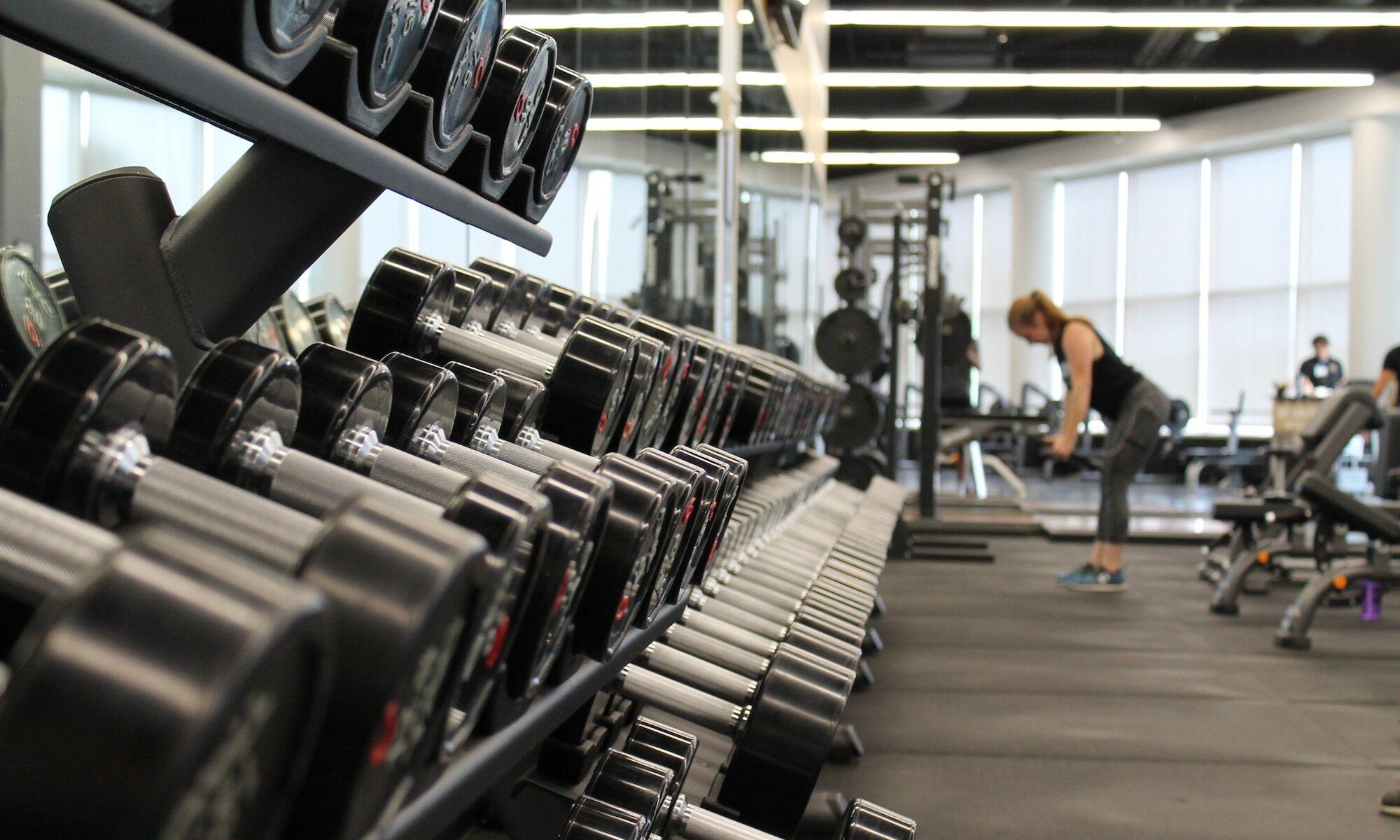The Critical Role of Sleep in Enhancing Your Overall Well-Being in 2025
In an era where productivity and mental resilience are prized above all, sleep remains an often overlooked pillar of health. Despite advances in technology and increasing awareness about holistic wellness, millions still underestimate the profound impact of quality rest. As organizations like Fitness Warrior Nation highlight, sleep influences every aspect of physical and mental performance, from immune defenses to emotional stability. With lifestyle demands constantly rising in 2025, understanding why sleep matters could be the key to unlocking peak performance and long-term health, making it a priority rather than an afterthought.
Understanding the Essential Benefits of Sleep for Your Physical Health
While the act of sleeping may seem passive, it involves complex processes that are vital for maintaining bodily functions. Sleep acts as the body’s natural repair shop, a time when tissues regenerate, hormones balance, and immune defenses strengthen. Recent research indicates that neglecting sleep can lead to serious health consequences, especially in the context of 2025’s lifestyle trends and rising chronic illnesses.
Sleep and Cardiovascular Health: A Vital Connection
Recent studies reveal that consistent, high-quality sleep is instrumental in protecting the heart. It helps to regulate blood pressure, reduce inflammation, and manage stress hormone levels like cortisol. Chronic sleep deprivation increases the risk of hypertension, a primary factor in stroke and heart attack incidences. For individuals committed to fitness, prioritizing sleep is a strategic move to optimize cardiovascular performance and endurance, in tandem with disciplined training routines.
Immune System Fortification During Rest
In 2025, with the world more conscious of emerging health threats, sleep’s role in immune resilience becomes even clearer. The immune system boosts production of cytokines—a group of proteins that combat infections and facilitate inflammation control—during restful sleep. This process is essential for fighting off seasonal illnesses and preventing long-term health conditions. Notably, sleep deprivation can halve cytokine production, leaving the body vulnerable and extending recovery times from workouts or illnesses.
Blood Sugar Regulation and Metabolic Health
Research demonstrates that sleep significantly influences how your body manages glucose. During deep sleep stages, insulin sensitivity improves, aiding in the regulation of blood sugar levels. Conversely, chronic sleep deficits contribute to insulin resistance—a precursor to type 2 diabetes. For active individuals interested in building lean muscle mass and optimizing fat loss, maintaining consistent sleep routines can be a game-changer. Notably, a weekday sleep schedule aligned with your body’s circadian rhythm supports hormone balance and metabolic health.
Muscle and Tissue Repair as a Foundation for Athletic Excellence
Deep sleep triggers the release of growth hormones crucial for repairing tissues, building muscle, and recovering from intense workouts. Athletes and fitness conscious individuals understand that during REM and slow-wave sleep, the body undertakes the most significant restorative work. For example, elite athletes adapt their recovery strategies to include optimal sleep hygiene, sleep accessories like Saatva mattresses or Tempur-Pedic pillows, and even strategic naps to keep training gains on track.
| Sleep Impact Area | Effects of Adequate Sleep | Risks of Sleep Deficit |
|---|---|---|
| Heart Health | Normal blood pressure, reduced inflammation | Hypertension, increased heart disease risk |
| Immune Function | Enhanced cytokine production, quicker recovery | Lower immunity, longer sickness duration |
| Metabolism | Stable blood sugar, hormone balance | Insulin resistance, weight gain |
| Muscle Repair | Growth hormone release, tissue regeneration | Delayed recovery, muscle loss |
Psychological and Cognitive Empowerment Through Restful Sleep
Beyond the physical benefits, sleep profoundly influences mental health and cognitive function. As stress and mental strain escalate in 2025, understanding how to harness sleep’s restorative power can elevate daily performance and emotional resilience.
Memory Consolidation and Learning Efficiency
During sleep, particularly during REM stages, the brain consolidates memories and processes learned information. This is critical for students, professionals, and athletes alike. For instance, a study in 2025 found that individuals practicing regular good sleep habits demonstrated 25% better retention of complex workout routines or new skills linked to yoga and fitness routines.
Emotional Stability and Mood Regulation
Sleep significantly affects how we regulate emotions. Lack of sleep can result in mood swings, irritability, and increased anxiety. Conversely, restful sleep stabilizes the amygdala response—our brain’s emotional processing center—enhancing resilience to daily stressors. Mental health experts increasingly advocate for sleep improvement strategies as frontline interventions alongside therapy and medication.
Focus and Cognitive Performance in a Demanding World
Sleep deprivation impairs attention and decision-making, elevating the risk of mistakes, especially in high-stakes environments. For those pursuing next-level fitness, professional careers, or personal growth, prioritizing consistent sleep—supported by great bedding options like healthy lifestyle choices—is not optional. Enhanced focus post-sleep allows for more effective training, problem-solving, and strategic planning.
Strategies to Boost Cognitive and Emotional Well-Being
- Create a fixed sleep schedule, even on weekends
- Limit blue light exposure from screens before bed
- Use calming routines such as meditation or deep breathing
- Ensure your bedroom environment mimics a dark, cool sanctuary—consider blackout curtains and white noise machines
- Incorporate relaxation aids like warm baths or herbal teas to prepare the mind for rest
Crafting an Optimal Sleep Environment and Routine
Achieving quality sleep involves deliberate adjustments to your daily habits and surroundings. Modern sleep products, from high-tech mattresses like Purple to supportive pillows, can make a significant difference. In 2025, personalized sleep solutions and smart devices help monitor and enhance sleep quality, aligning with an active, health-optimized lifestyle.
Environment Optimization for Deep Rest
A conducive sleep environment should be cool (around 65°F or 18°C), dark, and quiet. Investing in blackout curtains or smart lighting like Nest Bedding’s ambient systems can significantly improve sleep onset and continuity. Additionally, maintaining a comfortable sleep surface—whether with a Bedgear mattress or Leesa’s supportive foam—prevents aches and disruptions.
Establishing a Consistent Routine
Going to bed and waking up at the same time regulates your circadian rhythm, a biological clock synchronized with daylight. Avoid stimulants such as caffeine and nicotine at least 4-6 hours before sleep. Instead, opt for calming activities like reading or gentle stretching, which signal to your body that it’s time to rest.
Incorporating Modern Sleep Aids and Tech
- Use sleep trackers to assess and improve your sleep quality
- Explore adjustable bases that allow for personalized elevation, reducing snoring and reflux
- Try white noise machines or calming soundscapes for background noise
- Consider high-performance bedding brands like Tuft & Needle for optimal comfort
- Adopt sleep-enhancing accessories such as weighted blankets approved for reducing anxiety
Frequently Asked Questions About Sleep and Well-Being in 2025
- How many hours of sleep do adults need for optimal health in 2025?
Most adults require between 7 and 9 hours of quality sleep each night. Personal needs may vary, so listening to your body and adjusting routines accordingly is essential. - Can sleep products improve my sleep quality?
Yes, investing in high-quality mattresses like Saatva or Tempur-Pedic, along with supporting accessories, can significantly enhance sleep quality and duration. - What lifestyle habits can help me sleep better?
Maintaining a consistent schedule, limiting screen time before bed, managing stress through relaxation techniques, and creating a comfortable sleeping environment are proven strategies. - Is napping beneficial for overall health?
Yes, short naps (20-30 minutes) can boost alertness and performance, especially if nighttime sleep is compromised or for recovery after intense training sessions. - How does sleep impact athletic performance?
Quality sleep promotes faster recovery, muscle growth, and improved focus, making it an essential component of any fitness regimen. For inspiration, check out sleep’s role in athletic performance.


